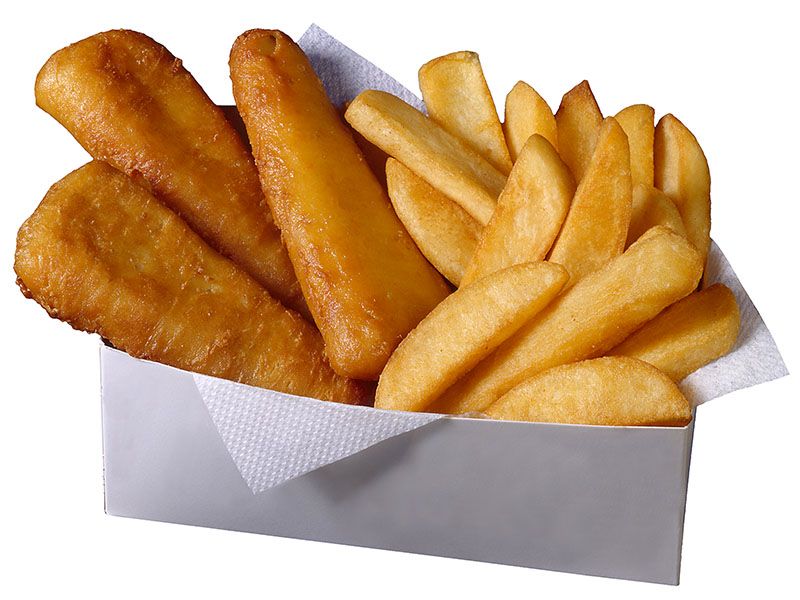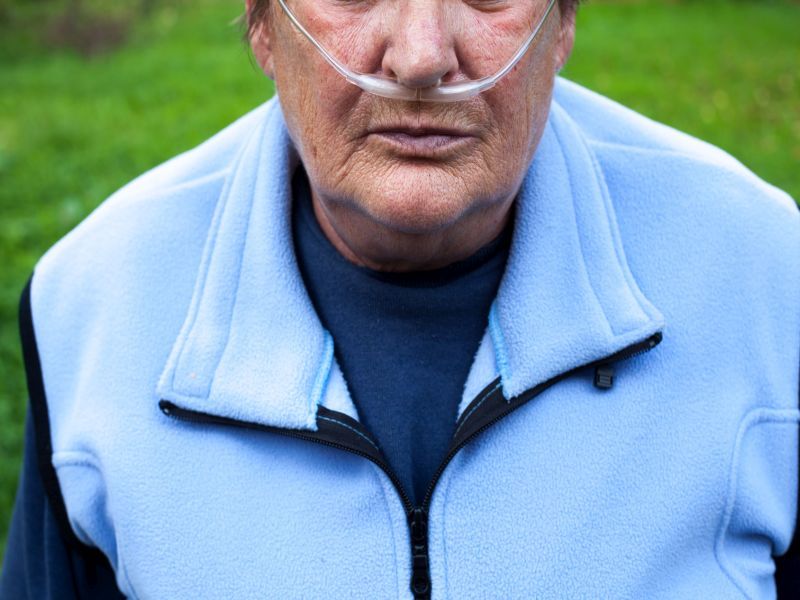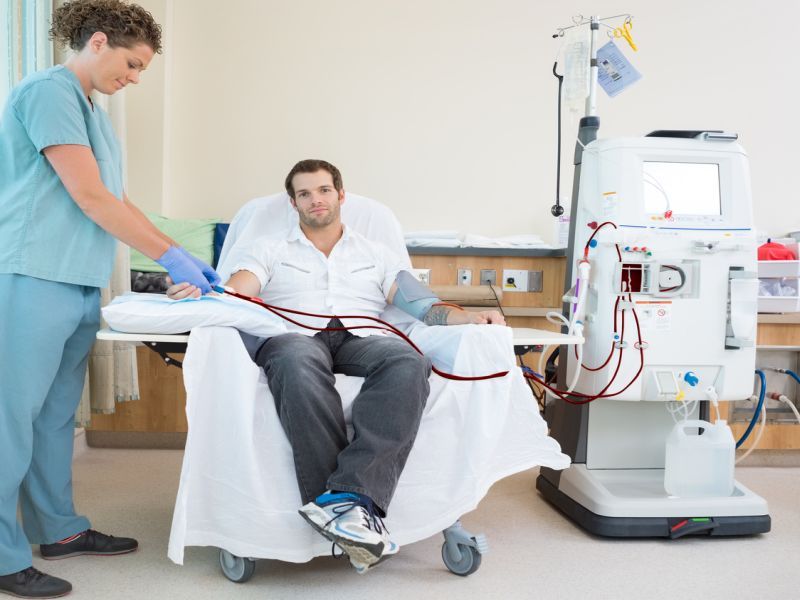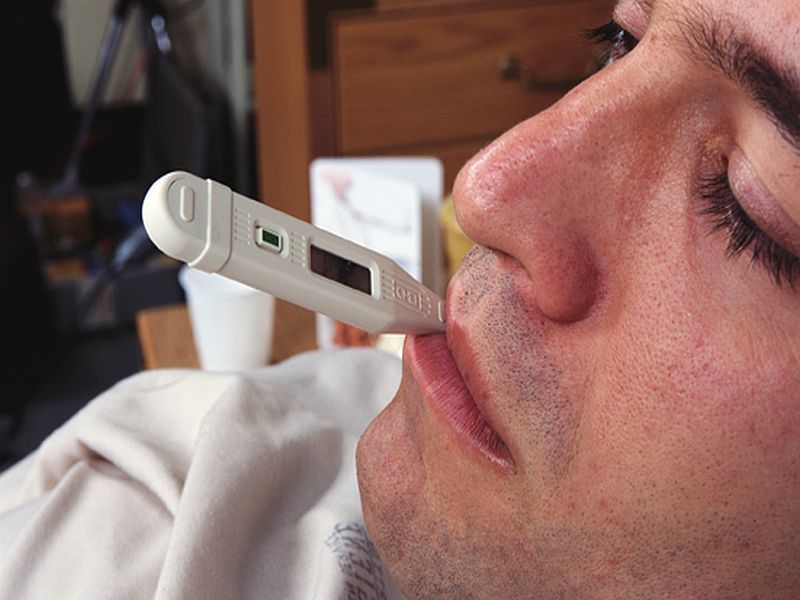
The coronavirus pandemic hit dental practices hard early in 2020, as COVID-19 fears kept millions of Americans from seeking routine oral health care. But as dental offices have ratcheted up their safety measures, more patients have steadily been returning for checkups and more, according to recent polls conducted by the American Dental Association Health Policy… read on > read on >






























